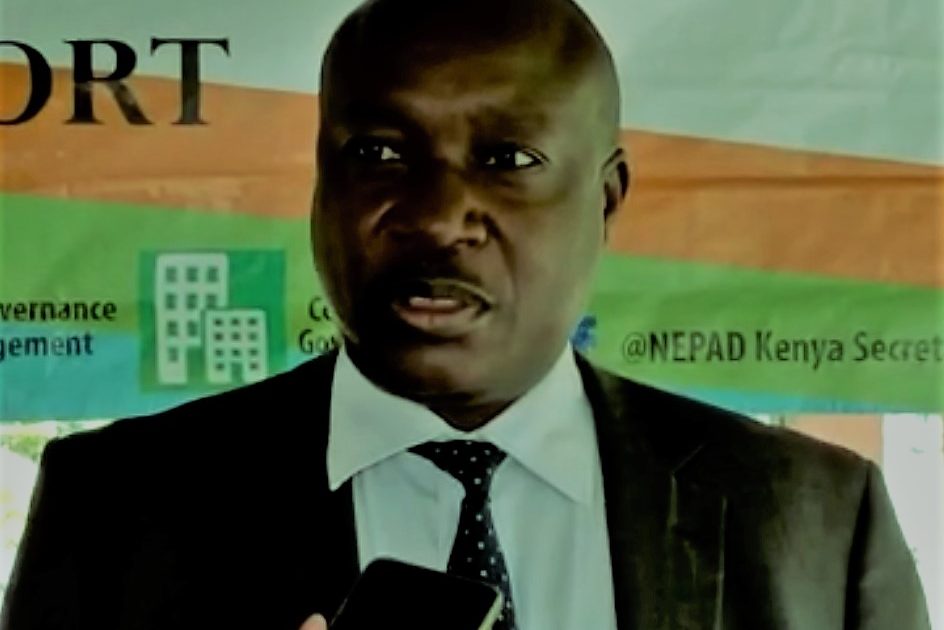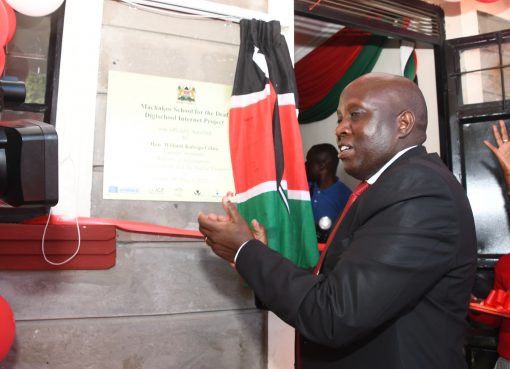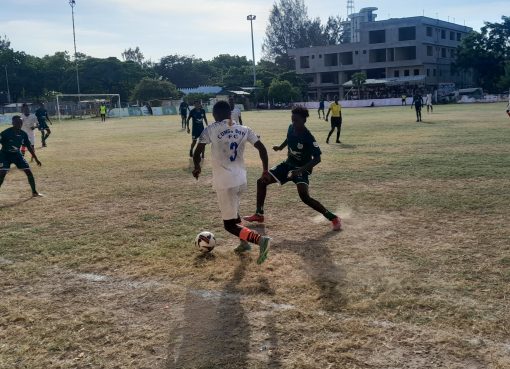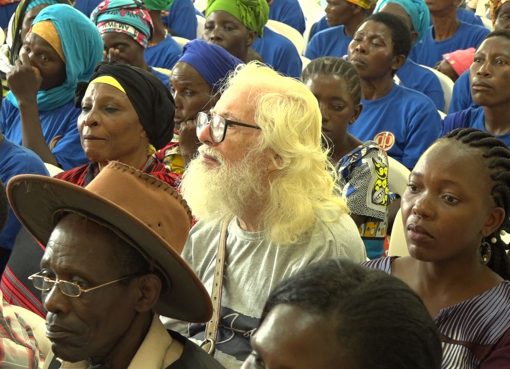The government is in the process of cascading the New Partnership for Africa’s Development (NEPAD) Africa Peer Review Mechanism (NEPAD/APRM) second country report to counties in order to help improve governance and spur development in the counties.
Speaking during the Dissemination of the NEPAD/APRM second country report to counties at Maasai Mara University yesterday, Mr. Michael Kisilu, an official at the National Governing Council of NEPAD/APRM Kenya secretariat said up to eight counties have been selected for piloting of the now County Peer Review Mechanism report (CPRM) before cascading to other counties.
The selection of the pilot counties considered representation of the eight former provinces of Kenya. NEPAD/APRM is a process where African countries came together in 2003 to check on and review each other`s governance mechanism through the eyes of expert advice from the continent.
Kenya assented to the (NEPAD/APRM) in March 2003 and became the first member state to successfully undergo a second peer review, during the African Union (AU) Africa Peer Review (APR) summit in Addis-Ababa in Ethiopia in January, 2017. The first country review for Kenya had been conducted in 2006 under the leadership of former President Mwai Kibaki.
Mr. Kisilu said Kenya’s Second Country Review Mission was fielded between October and November 2016 and the reviewing team was composed of independent African governance experts. The team held consultations with a wide range of stakeholders across the country.
It is this report that President Uhuru Kenyatta has committed himself to implement and hence, the decision to disseminate it to the counties.
This second country Review Report applauds various milestones the country had achieved since the first review was done in 2006.
Among them is the promulgation of the Constitution of Kenya 2010which established the devolved system of government, progressively resolving issues of perceived marginalization.
The establishment of constitutional commissions and independent offices through the 2010 constitution in an effort to improve governance and public service delivery has also been welcomed.
During the review, Kenya was hailed for its efforts towards economic empowerment of marginalized groups through initiating various funds notably Women Enterprise Fund, Youth Enterprise Development Fund and the Uwezo Fund. Establishment of Huduma Centre Kenya, as a One-Stop-Shop for efficient public service delivery was also decorated as a best practice which needs to be emulated across the continent.
In spite of the strong commendations over the various successes and achievements by the country, the review mission and the committee of Heads of State and Government also delineated a number of challenges that Kenya needed to address. These challenges Included the slow pace witnessed in the implementation of the two –thirds gender rule.
The Parliament has on a number of occasions shot down proposed motions meant to come up with legislations to deal with this issue and as it stands now, any right-thinking Kenyan can move to court and initiate a legal process to declare the current Parliament illegal as it is improperly constituted according the 2010 Constitution.
Terrorism which the report said posed a major threat to national Security and high cost of running the devolved governments due to the rising wage bill, management of diversity for national Unity especially within the devolved units, and the quest for transformative leadership, youth unemployment, poverty and inequality were also cited as challenges the country needs to address.
The new Narok County Commissioner Mr. Evans Achoki who was present welcomed the county review process and said various stakeholders had been invited to the forum and will take part in the process to see the strides the county had made and way forward.
By Mabel Keya-Shikuku





